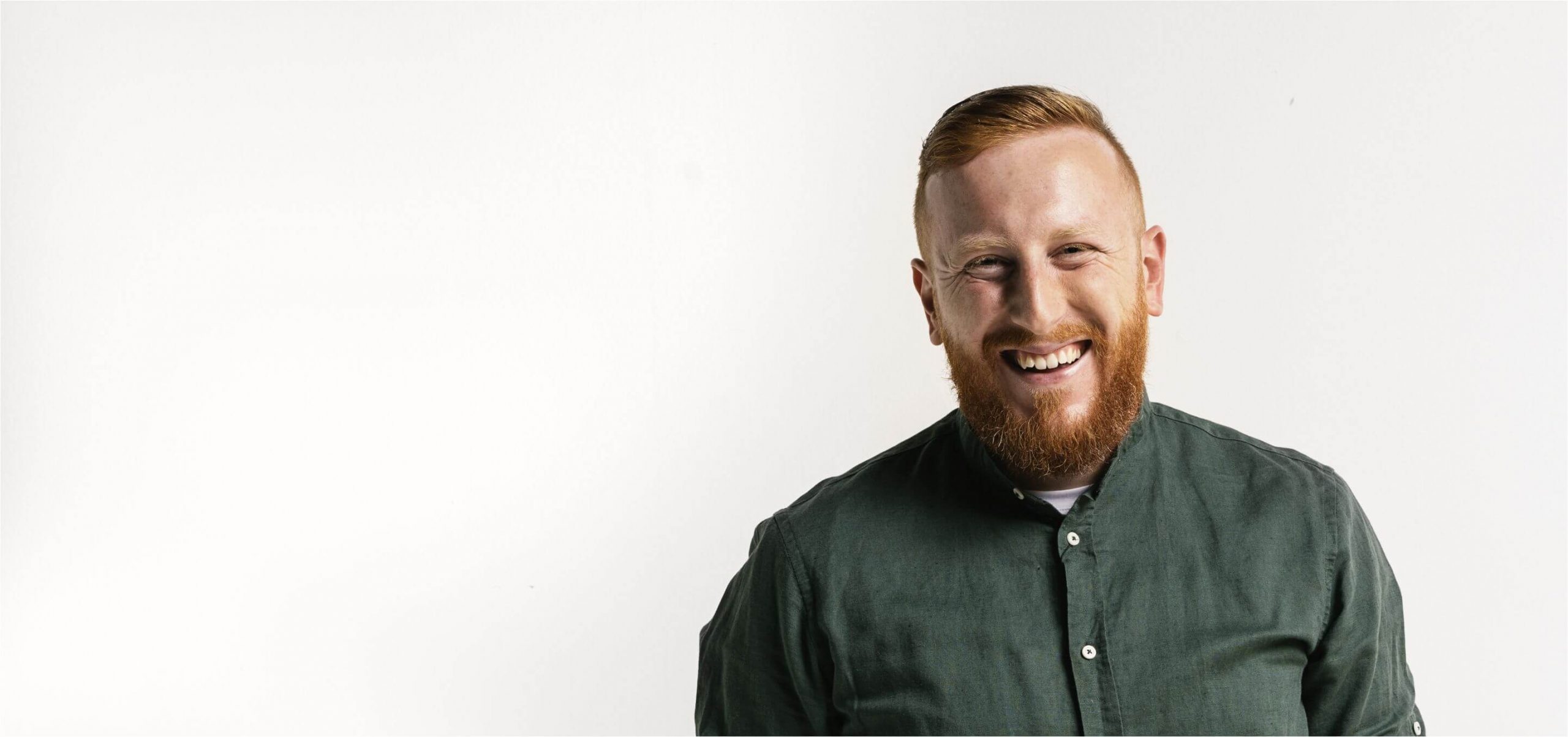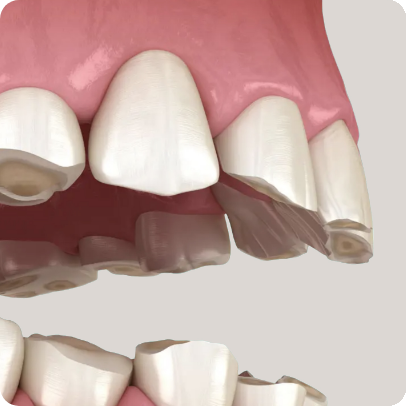Who needs a mouthguard?
The teeth are strong, but they can be damaged due to pressure or trauma. You may need a mouthguard if:
- You clench or grind your teeth during sleep.
- You play contact sports such as basketball or football.
- You participate in noncontact sports or any activity, such as mountain biking and skateboarding, that may expose the mouth to injuries.
- You have temporomandibular joint problems or jaw joint issues.
How does a custom dental mouthguard help?
A custom dental mouthguard reduces your risk of mouth-related injuries during sports or any outdoor activities. They help you avoid incidents of broken or chipped teeth or even tooth loss.
If you’re diagnosed with a jaw joint disorder, wearing a mouthguard can also protect your teeth and dental work from damage. Grinding and clenching can cause the enamel to wear faster.
Types of mouthguards
- Sports mouthguards: Protecting your teeth must be a priority if you’re active in sports. Mouth-related injuries due to physical activities can range from minor chips or cuts to the lips to tooth loss. Wearing a sports mouthguard reduces your risk of injury, as the appliance serves as a cushion for your teeth. If you have braces, your mouth will be more vulnerable to damage. A mouthguard can minimize the impact of a blow or trauma to the teeth. Talk to your instructor about mouthguard requirements and share them with your dentist. Children need to replace their sports mouthguards more often as their mouths are still developing.
- Mouthguards for tooth grinding:If your mouth and jaw often feel sore even after a long sleep, consider talking to your dentist about getting an oral appliance. Your discomfort may be due to bruxism, grinding, or clenching. Your dentist can recognize signs during your oral examinations. Bruxism can lead to premature wear and tear on the enamel and damage to your dental work. It can be difficult to identify the main cause of clenching, but you can keep the habit from causing long-term damage to your teeth, jaw, and mouth. A mouthguard made specifically for those who clench or grind their teeth acts as a barrier, protecting the enamel. Your dentist can also determine if your device already needs repairs or adjustments.
- Mouthguards for sleep-related disorders:People with sleep-related breathing disorders may benefit from oral appliance therapy. A mandibular device or custom mouthguard is worn during sleep to reposition the teeth and jaw and keep the airways open. This helps relieve symptoms, such as snoring, and allows you to get restful sleep. What’s the procedure for getting a mouthguard? Your dentist takes impressions of your mouth to be forwarded to the dental laboratory. Your custom mouthguard will be fabricated and sent back to the dental office once it’s ready. The last step is fitting the appliance to ensure it feels comfortable. In general, it takes two visits to get a custom mouthguard made.
Is a custom mouthguard the answer to my dental problem?
Your dentist can find out if a custom mouthguard is a solution to your dental-related concerns.
Sports activities, sleep apnea, and bruxism all pose potential harm to your oral health. Protecting your mouth and investing in an oral appliance can keep your smile healthy and ready for showing off.
To learn more about how custom mouthguards work, visit our dental office in Little Italy, Toronto, ON.
Let’s see if a mouthguard can improve your quality of life.







